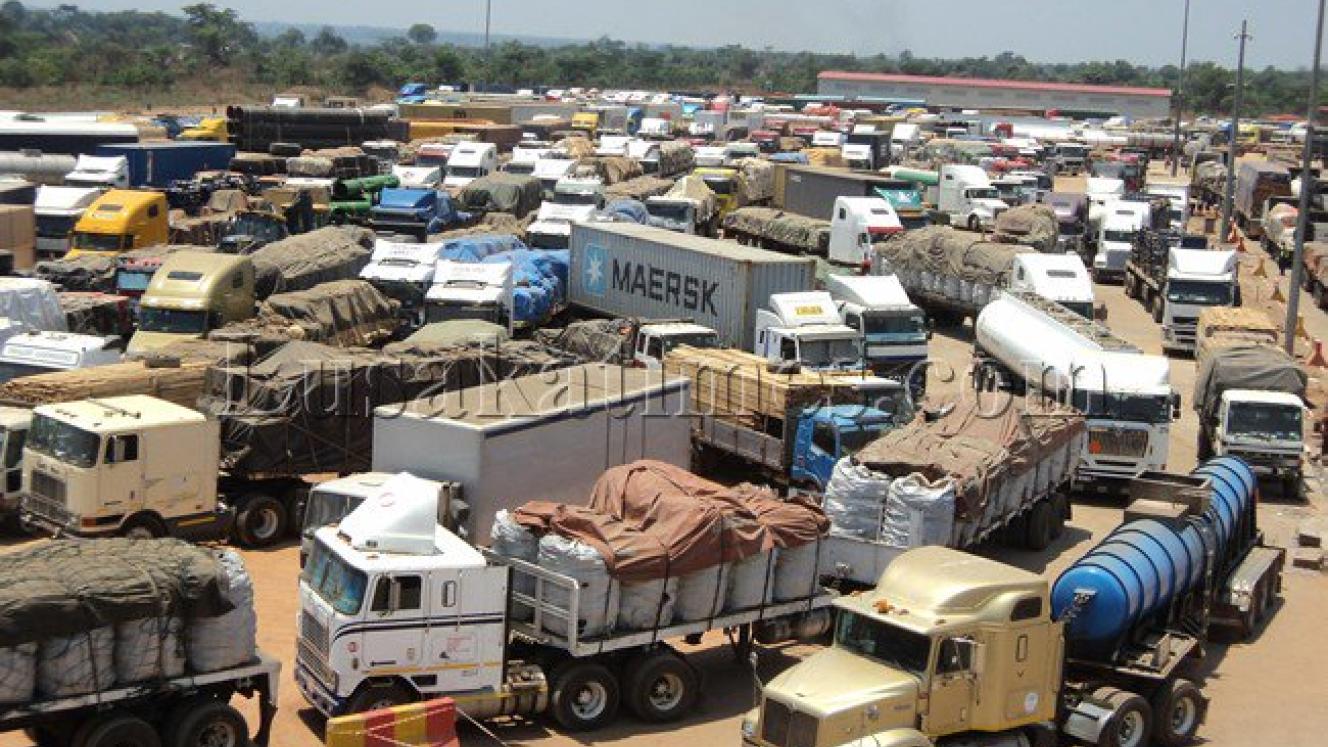Long-distance hauliers trucking cargo into the Copperbelt are quietly optimistic about a high-level meeting held yesterday in the Zambian town of Chingola, about 45 kilometres south of the Kasumbalesa border into the Democratic Republic of the Congo.
The meeting teemed with government ministers, governors, and customs executives from both countries and served to trouble-shoot solutions for the perennially congested border linking mines in the DRC with logistical linkages in the south.
It is not the first time that such a meeting has been held in recent times.
Not too long ago, Zambian officials travelled to Lubumbashi, capital of Haut Katanga province where most of the DRC’s copper deposits are concentrated.
Yesterday the DRC returned the courtesy, travelling south of the border to Zambia’s Copperbelt Province.
It is not sure if they came by road through Kasumbalesa.
What is certain is that yesterday’s meeting, as with the one in Lubumbashi, underpinned a few key changes that will have to be made if the DRC wants to see an improvement in road freight serving mining concerns in Haut Katanga.
The priority among these is the requirement to turn the border into a 24-7 operation.
This morning, Mike Fitzmaurice, chief executive of the Federation of East and Southern African Road Transport Associations, said the personnel issue was predominantly a DRC problem.
He said Zambia Revenue Authority (ZRA), for that matter, was perfectly willing to extend staffing hours.
The problem is that the DRC’s customs officials live in Lubumbashi about 90 kilometres north-west of Kasumbalesa.
In Zambia their counterparts mostly live in Chililabombwe, some 20 kilometres to the south.
In other words, if the DRC was to extend operating hours at Kasumbalesa, something would have to be done to house personnel working round the clock.
It therefore comes as no surprise that whenever ZRA officials raise the issue of extended operating hours and how this could benefit the DRC’s copper trade (*), their Congolese colleagues seem a little less enthused.
But stranger things have happened and if yesterday’s meeting didn’t underscore – once again – the crucial importance of turning Kasumbalesa into a 24-hour zone for at least five days a week, nothing will.
Industry, though, is hopeful that something will come out of yesterday’s meeting.
Fitzmaurice said a communiqué was expected sometime soon.
Best-case scenario? The border’s hours are extended and only trucks with pre-cleared cargo are allowed to proceed to the border.
This is all possible and, considering the reward for both countries’ copper trade, certainly worth working towards.
Unfortunately, congestion at Kasumbalesa is such an old issue, cross-border hauliers and related logistics service providers are curbing their enthusiasm.
* Read this for context: https://tinyurl.com/yj2zdnm2













